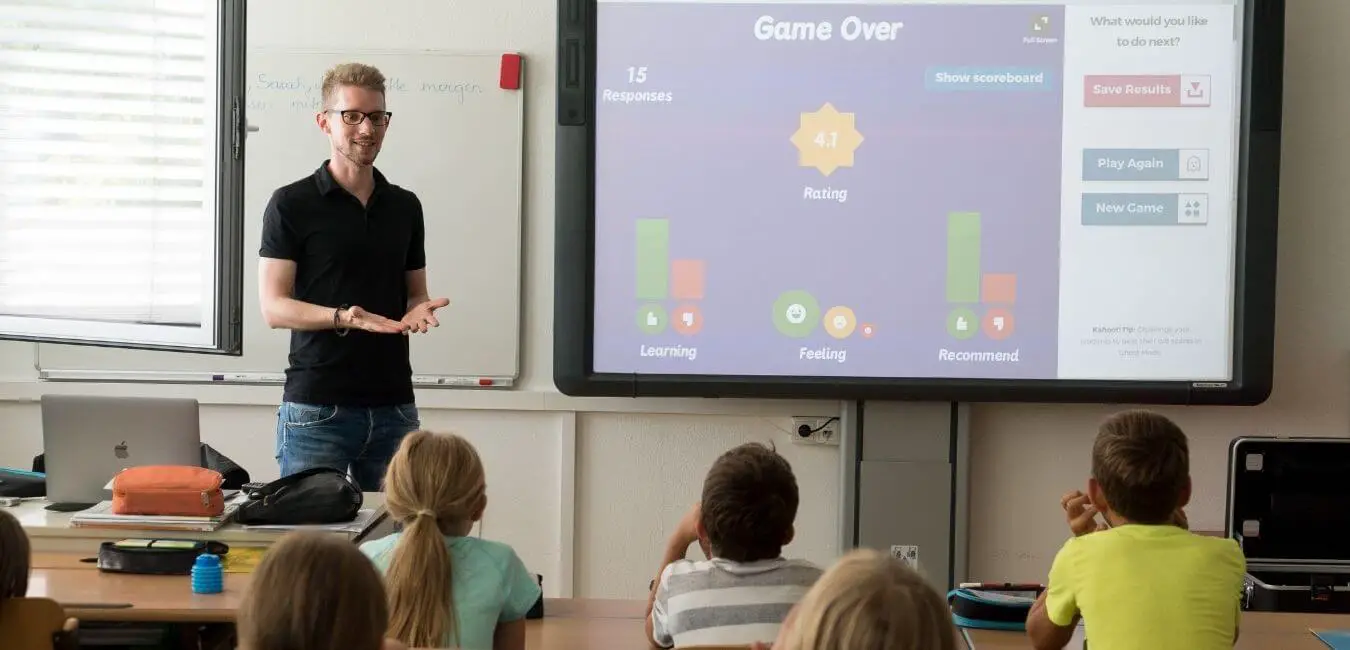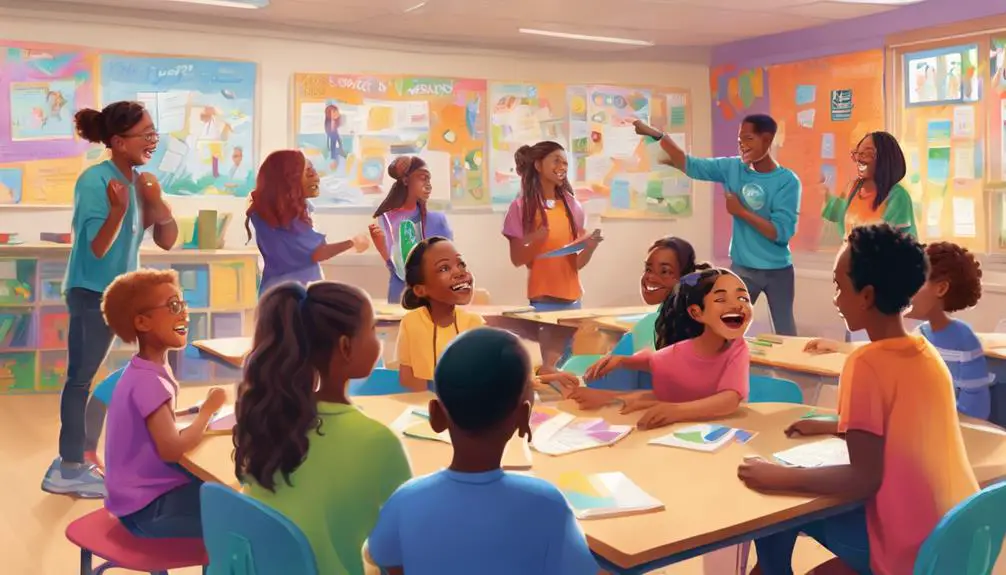Most newbie teachers, at least I did, tend to use shushing a lot in the classroom. Shushing is a way of telling someone to be quiet. It’s often done in an effort to stop disruptive behavior or noise, such as when one is trying to sleep or concentrate on something else.
Is shushing that effective in stopping or avoiding noise? I think it doesn’t. One of the reasons is that most people associate the sound of shushing with irritability and anger. For the rest of the reasons why it is not effective, read further!
Is Shushing Effective for Maintaining Silence In the classroom?
Well, probably not. From personal experience, it does nothing but irritates the students being shushed. It doesn’t work at all to get them to stop talking or to calm down.
This is because many factors need to be considered when trying to keep silent in class. And for most teachers, no matter how much they shush, if their students are still noisy, chances are it’s not the shushing that’s doing the trick.
Here are 15 reasons why Shushing isn’t effective for maintaining silence in the classroom:
1. It doesn’t improve student behavior long term
Once you stop shushing them, they will start talking again. When encouraging silent time in class you really need to create an atmosphere where it’s something expected. Shushing is just too unpredictable and inconsistent for students to pay attention to what they’re doing when the shushing starts.
2. It creates discomfort
Getting shushed by one teacher can lead to discomfort in any other teacher that tries it because the student might feel like they’ve already been bad and it’s OK to be loud again.
3. It can make students laugh
While this isn’t always a bad thing, when the shush happens in front of other teachers and staff members who do not know what is going on it can make for an awkward moment… or three.
4. It makes students feel bad
Shushing is a signal for the student to feel like they’ve done something wrong. And as we all know; kids will do anything to not make you think or feel like they’ve done something wrong!
5. They can’t tell if you’re serious yet
If you shush them and then start talking to another teacher right after, they’re probably going to think that was just a one-time thing and it’s OK to talk again.
6. They can’t hear you over the shushing
Seriously how loud do you need to be getting about this? It’s like telling someone who speaks quietly to speak up… we can’t hear you! Try lowering your tone, just a bit.
7. It’s part of the daily routine, not discipline
It doesn’t come across as serious because students will forget you said it within minutes anyway. You can’t shush them for talking about their weekend or because they didn’t get enough sleep last night… unless your goal is to be remembered as “that mean teacher”
8. It’s not fun for students
They get the feeling that they do need to be quiet, but it doesn’t come across as rewarding or fair. If you want silence, you have to create an atmosphere where not talking is just something that happens naturally without any effort on your part because all of the reasons mentioned above don’t exist.
9. It doesn’t help anyone stay on task
Silence is important for keeping everyone focused and doing their work instead of trying to listen in on what everyone else is saying or looking around the room at others’ work.
10. It’s more likely to be ignored than followed
If you have a positive relationship with your students, you can make a fairly strong statement and they’ll show respect, even if they don’t agree with you. But the minute you start sounding irritated they’re going to stop listening to what’s being said and simply try to do as little as possible without getting caught.
11. It feels forced
When you force something upon someone it never works out well, and this is exactly what shushing feels like.
12. Asking nicely doesn’t always work
Sometimes you need to get firm with students because they don’t respect teachers who are too nice. They end up taking advantage of that teacher’s willingness to let them get away with things the other teachers won’t allow, which makes them feel important.
13. The rules are unclear
If you’re making a rule but not enforcing it or following through with any type of consequence then students aren’t going to take that rule seriously, even if they do actually stop talking for five minutes at the beginning of class. It’s like telling your kids to go brush their teeth before bed, but still finding them sleeping with their teeth completely untouched by toothpaste.
14. It’s embarrassing when guests are in the room
If your school is anything like mine, parents are in and out of class all day long visiting with teachers or checking out what their kids have been doing that day. And having a random shush come from across the room in front of everyone present just looks bad.
15. It doesn’t work
It may have worked when you were in school, but kids these days are smarter than that. They’re already talking before you even get a chance to say shhhh… so it’s too late! There are better ways to improve the learning environment in your classroom than resorting to such an ineffective consequence.
Final Thoughts
Many teachers fall for shushing in an attempt to stop students from making noise. However, not only it makes students angry, it is mostly not effective. This is clear from the reasons mentioned above. We hope this post helped clarify why many educators choose not to shush their students during lessons. Read here for techniques that might work better instead!











